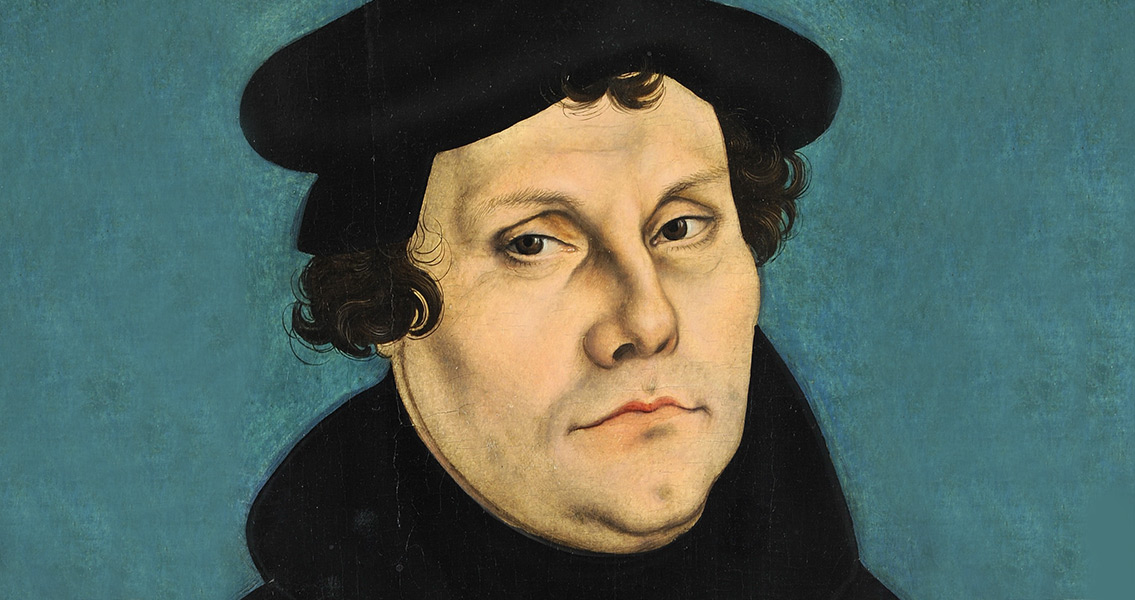In the latest issue of For the Life of the World (Fall 2017), William C. Weinrich expresses his interest in reading what others say about being “distinctively Lutheran.” Here are some of my reflections.
During this 500th anniversary Lutherans rightly take pride in the Wittenberg Reformation. So at first blush the slogan of being “distinctively Lutheran” sounds good. We subscribe to the Lutheran Confessions; we want to be strong Lutherans. But let’s think about the slogan a bit more.
The adjective “distinctive” (and the adverb “distinctively”) means “distinguished/differentiated from the rest, completely unique.” The phrase “distinctively Lutheran” promotes being Lutheran in a way that is always to be distinguished from all other Christians and from all other churches. So, consider a series of questions.
- Was the apostle Paul “distinctively Lutheran”?
- Is the Apostles’ Creed or the Nicene Creed “distinctively Lutheran”?
- Were Irenaeus and Athanasius “distinctively Lutheran”?
- Is our mission to make all nations “distinctively Lutheran,” to spread into every land the 16th-century Lutheran Reformation?
- Do our missions in Africa have to study the 16th century German controversies or sing 16th-17th century German hymns in order to become “distinctively Lutheran”?
- Must all our hymn composers be “distinctively Lutheran”?
- Must the Greek New Testament lexicon we use be written by only Lutherans?
- Is a person who simply wants to be “Christian” welcome in our congregations?
You get the point. In effect, this slogan links orthodox, biblical Christianity inextricably with the 16th-century Reformation. The slogan connotes a theology and church that are completely unique, distinguishable from everything not explicitly self-labeled as “Lutheran.” Such an approach applies more to sectarian Schwärmerei than the Reformers in Wittenberg.
While the recent issue of For the Life of the World makes use of this slogan, the essay by Jon D. Vieker emphasizes the words “Gospel, Biblical, and Catholic” and points out that Luther did not create all his hymns de novo but reused older hymns (pp. 4-6). The comments of the Prof. Weinrich explicitly speak against the slogan:
As for me, I prefer to think of Lutheranism as being not distinctive at all. The Reformers made much of the claim that their teaching was true to the catholic heritage of the Church. If I see something too “distinctive,” my first thought is to wonder whether it is true or just a predilection of this or that pastor/congregation! In any case, I have no obligation to it. I confess this: “one, holy, catholic, apostolic church.” Those are old and ancient words. (p. 17)
I agree with the Rev. Dr. Weinrich. The 16th-century Reformers in Wittenberg themselves did not want to be “distinctively Lutheran.” The Book of Concord intends simply to confess the Christian faith. The Catalog of Testimonies, for example, shows that our teaching on Christology and the Lord’s Supper is not distinctive or unique.
The goal is not to be “distinctively Lutheran.” The truth of the matter is just the reverse. Other heterodox groups are the ones who are typically “distinctive,” unique, idiosyncratic. Our goal is to be just plain biblical, creedal Christians.


Leave a Reply
You must be logged in to post a comment.